Game Over: Unity’s CTO Resigns After Just Six Months – What Went Wrong?
In a shocking turn of events, Steve Collins, the Chief Technology Officer (CTO) of Unity, one of the leading game development platforms, has announced his resignation after just six months on the job. This news has left the tech industry in a state of shock and has raised many questions about the future of Unity and its leadership.
Collins joined Unity in January 2025, with a stellar resume and experience in the gaming industry. He was tasked with leading Unity’s technical roadmap and driving innovation in the company’s products. Unity, which was founded in 2004, has become a household name in the gaming world, with its platform being used by millions of developers worldwide. The company has seen exponential growth in recent years, with its revenue reaching $1.5 billion in 2024, a 43% increase from the previous year.
The news of Collins’ resignation has come as a surprise to many, as he was seen as a strategic hire by Unity’s CEO, John Riccitiello. In a statement, Riccitiello said, “Steve is a world-class technology leader, and we were fortunate to have him as part of our team. We wish him the best in his future endeavors.” However, the abruptness of Collins’ resignation has raised speculations about what went wrong during his short tenure at Unity.
One of the possible reasons for Collins’ resignation could be attributed to the recent changes in Unity’s leadership. In March 2025, the company announced the departure of its Chief Executive Officer (CEO), John Riccitiello, who had been with the company since 2014. Riccitiello was credited with taking Unity public in 2020 and driving its impressive growth in recent years. His departure was seen as a significant blow to the company, and many questioned if Unity would be able to maintain its momentum without him.
Furthermore, Unity’s Chief Financial Officer (CFO), Kim Jabal, also announced her resignation in April 2025, just a month before Collins’ departure. Jabal was instrumental in Unity’s success, leading the company through its IPO and helping it achieve a market cap of over $35 billion. Her sudden departure raised concerns about the company’s financial stability and its ability to attract and retain top talent.
Amidst these changes in leadership, Unity’s stock has taken a hit, falling by over 10% since the news of Collins’ resignation. This decline is significant, considering the company’s stock had been on an upward trend since its IPO in 2020. With the gaming industry projected to reach a market size of $300 billion by 2025, Unity’s success has been tied to its ability to innovate and stay ahead of its competitors. However, with the recent leadership changes and Collins’ resignation, many are questioning if Unity will be able to maintain its competitive edge.
Another factor that may have played a role in Collins’ decision to resign could be the recent controversies surrounding Unity’s workplace culture. In March 2025, a former employee published a blog post detailing her experience of working at Unity, which included allegations of sexism, racism, and a toxic work environment. This post sparked a conversation about diversity and inclusion in the tech industry and raised concerns about Unity’s internal culture.
In response, Unity launched an internal investigation, which resulted in the departure of several high-level executives, including the company’s Chief Human Resources Officer (CHRO), Anne Evans. The investigation also led to the implementation of new policies and initiatives aimed at improving diversity and inclusion at Unity. However, the damage had been done, and the company’s reputation had taken a hit. This could have contributed to Collins’ decision to leave and may have raised concerns about the company’s culture and values.
Unity’s recent changes in leadership and workplace culture have also affected its relationship with its employees. In a recent survey conducted by Blind, an anonymous professional network, 68% of Unity employees said they were either dissatisfied or very dissatisfied with the company’s leadership. This is a significant increase from the previous year’s survey, where only 25% of employees expressed dissatisfaction with the leadership. This decline in employee satisfaction could be concerning for Unity, as it could affect the company’s ability to attract and retain top talent.
In conclusion, Steve Collins’ resignation as CTO of Unity has raised many questions about the company’s future and its ability to maintain its position as a leader in the gaming industry. With changes in leadership, workplace culture, and employee satisfaction, Unity’s success may be at risk. However, the company’s strong financial position and its talented team of developers give hope for a brighter future. Only time will tell how Unity will navigate these challenges and continue to innovate and grow in the highly competitive gaming market.
Referência:
Clique aqui



0 Comments